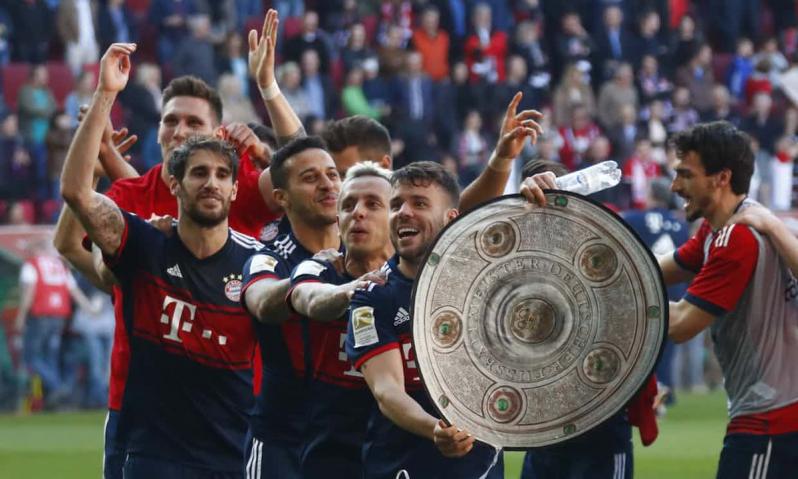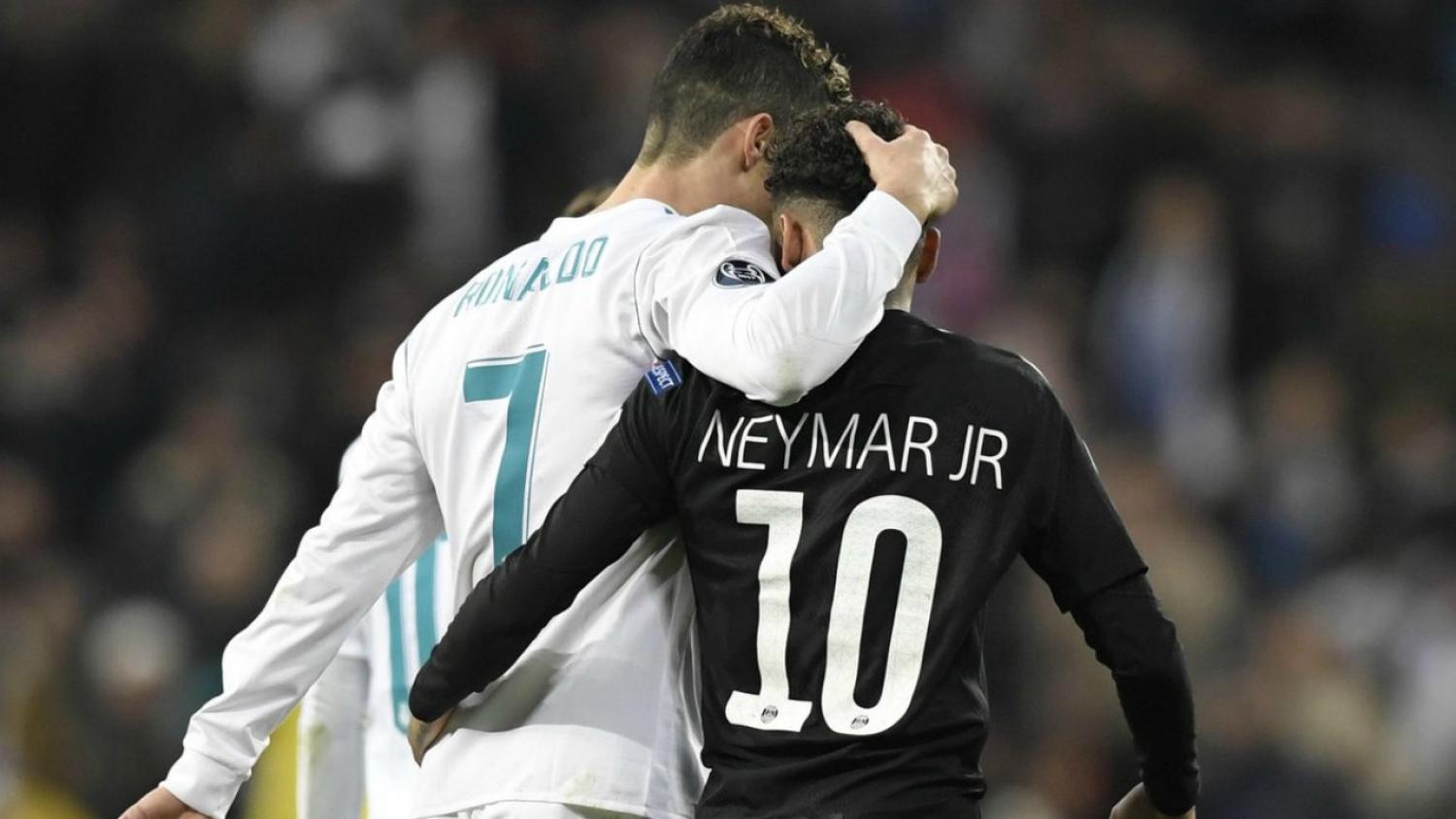“The world is changed. I feel it in the water. I feel it in the earth. I smell it in the air. Much that once was is lost; for none now live who remember it.” -What middle-aged soccer fans will be saying come 2040
The European Super League isn’t imminent. It’s not arriving next season, nor is it arriving the year after. But as Juventus defender Giorgio Chiellini recently said, “In Europe, [football will move] towards the European Super League. It will take 10, 20 or 30 years, but it will arrive.”
It’s inevitable. Why? Money.
When we look at the current field in Europe, we see a massive sporting inequality manifested in domestic results: Bayern Munich are celebrating their sixth-straight title; Juventus are on the verge of celebrating their seventh; PSG have won five of the last six; Barcelona seven of the last ten with only the Madrid powers able to disrupt that hegemony.
Under the leadership of Sheikh Mansour, Manchester City have decimated the world’s most competitive division by recording 30 wins in 35 matches while scoring 102 goals. A goal difference of +76 says it all.
And so the Champions League is enjoyed by so many because it provides drama and suspense to an otherwise largely frictionless affair. It's why Bayern's Carlo Ancelotti lost his job in September (despite winning the Bundesliga title months before) after losing to PSG's Unai Emery, and it's why PSG's Unai Emery will lose his job in May (despite being on course for a domestic quadruple) after losing to Real Madrid's Zinedine Zidane.
And it's why despite winning back-to-back European titles, Zidane will again face pressure should he not secure a three-peat (an achievement not accomplished since Bayern Munich between 1974-76).
In many respects, the Champions League already acts as a European Super League — we’d like to think that it’s holistically connected to the entirety of the European club spectrum; a democratic dance that only favors the brave — but the $1.5 billion in prize money is almost always being lucratively split between the likes of Juventus, Real Madrid, Bayern Munich, Barcelona, Paris Saint-Germain and Borussia Dortmund.
I mention these clubs specifically because they are outside of the Premier League. According to Forbes, these are the per-season broadcasting deals that the continental leagues enjoy internationally:
- La Liga - $271 million
- Bundesliga - $269 million
- Serie A - $208 million
- Ligue 1 - $90 million
Now, here’s what some of the aforementioned clubs earned in the Champions League last season alone:
- Real Madrid - $97.3 million
- Barcelona - $71.9 million
- Juventus - $132.6 million
- Bayern Munich - $65.8 million
- PSG - $66.4 million
- Borussia Dortmund - $61.2 million
As you can see, the likes of PSG and Juventus essentially earned relatively close to what their entire domestic league earns for international broadcast rights by participating in the Champions League.
What’s more, all of these clubs find themselves — globally — in the top 15 with regards to sponsorships. This all goes to show two things: (1) The divide between a club like Juventus and a club like Fiorentina is growing exponentially and (2) there’s A LOT of money being left on the table in European football.
The second point is crucial to the development of a European Super League. For example, the National Football League enjoys a U.S. rights broadcast deal of $4.95 billion a year. That makes sense, the NFL is wildly popular — but it’s nowhere close to soccer in terms of popularity. However, global broadcast rights for the Champions League only amount to $1.57 billion. In business terms, that's a failure.

A largely frictionless achievement by Bayern Munich. Photo: @ProD_Soccer | Twitter
And that’s why clubs like Real Madrid, Barcelona, Juventus, PSG and Bayern Munich are clamoring for a European top flight while the Premier League stays silent.
The EPL is a different animal entirely. With over five billion viewers across the planet throughout the year and international broadcasting rights of $2.21 billion per season (to go along with a monster domestic deal), even the EPL’s heavy hitters aren’t too concerned with changing the status quo.
Of the Forbes 2017 ranking of the world’s richest clubs, the EPL holds eight spots. There’s West Ham, struggling at the bottom of the table but flexing their financial might over the likes of Schalke 04, AS Roma, Inter Milan and Napoli.
And despite Manchester City’s current domestic dominance (as well as the promise from Pep Guardiola to somehow strengthen the side in the summer with two major signings), there’s still hope amongst neutrals that next season will provide more drama.
However, if you don’t think the likes of Alisher Usmanov and Stan Kroenke (Arsenal), Roman Abramovich (Chelsea), Joe Lewis (Tottenham), the Glazer family (Manchester United), John Henry (Liverpool) and Sheikh Mansour (Manchester City) are interested in one of the most lucrative, globally-attractive business propositions of all-time, I envy your unshakeable escapist views on reality.
And so while Barcelona’s unbeaten season has been magnificent and the Serie A title race has been scintillating, these stories seem the final gasps of a past when compared to the multibillion dollar offer that FIFA has received for a new, 24-team Club World Cup.
If an international consortium is willing to pay $3 billion per tournament for an event that doesn’t even currently exist in the international consciousness, just imagine what the European Super League will fetch.





